Sous-total : 76,500 DT
The Ultimate Guide to Choosing the Best Betting Site for Your Needs Leave a comment
Table of Contents
- The Ultimate Guide to Choosing the Best Betting Site for Your Needs
- Understanding Licensing and Regulation in Online Betting
- Importance of Licensing When Selecting a Wagering Platform
- How to Verify the Regulatory Status of a Betting Platform
- Differences Between Regulated and Unregulated Platforms
- Evaluating Payment Methods for Smooth Transactions
The Ultimate Guide to Choosing the Best Betting Site for Your Needs
In an era where online gambling thrives, finding a reliable and suitable wagering platform can significantly enhance your experience. With an overwhelming number of options available, it’s essential betting sites to pinpoint specific criteria that align with individual preferences and priorities. Focus on factors such as licensing, user interface, and available markets to ensure your chosen venue meets expectations.
Understanding bonus structures is crucial. Many venues offer enticing promotions to attract newcomers, yet the fine print often reveals crucial terms that can impact your overall experience. Pay attention to wagering requirements, expiration dates, and withdrawal limits. This scrutiny can save you time and money while maximizing returns on your investments.
Furthermore, evaluating the available payment methods is vital. Look for platforms that support a variety of options, including credit cards, e-wallets, and cryptocurrencies, to facilitate swift transactions. Additionally, consider transaction fees and processing times, as these can significantly affect how quickly you access your funds.
Security is paramount in this digital landscape. Confirm that the platform employs robust encryption and adheres to data protection regulations. A trustworthy operator will also have a transparent approach to their privacy policies, building confidence in their commitment to safeguarding personal information.
Lastly, explore customer support channels to gauge responsiveness and reliability. Accessible and knowledgeable support can resolve potential issues promptly, enhancing your overall experience. By carefully considering these elements, you’ll be well-equipped to identify a platform that caters to your unique gambling preferences.
Understanding Licensing and Regulation in Online Betting
When engaging in online wagering, it is crucial to grasp the significance of licensing and regulation. These elements ensure that platforms operate fairly, transparently, and securely. Gambling authorities oversee these operations, granting licenses only to those that meet strict criteria.
Key Regulatory Bodies often include the United Kingdom Gambling Commission, Malta Gaming Authority, and Curacao eGaming. Each body has its own set of rules and requirements, which can influence aspects like payouts, player protection, and game fairness. Prioritize operators that are licensed by reputable authorities, as this indicates compliance with standards designed to protect consumers.
Licenses signify trustworthiness; they also provide avenues for dispute resolution, ensuring players have recourse in case of issues. Furthermore, licensed platforms often undergo regular audits, assuring continued adherence to fair play principles.
Licensing Indicators can typically be found at the bottom of a website. Look for logos of the regulatory bodies and the license number, which you can verify on the respective authority’s website. If a platform lacks visible licensing information, it’s advisable to reconsider engagement.
Regulatory compliance also encompasses responsible gambling measures. Evaluating a platform’s commitment to player safety and support services is essential. Features may include self-exclusion options and links to counseling resources, highlighting an operator’s dedication to combating addiction.
In addition, jurisdictions regulate payment processing to protect consumer transactions. Licensed operators use secure encryption technologies, establishing a safe environment for financial exchanges. This is particularly crucial in an era where cybersecurity threats are prevalent.
In summary, a thorough understanding of licensing and regulations in online wagering can vastly enhance your experience. Seek operators that exemplify integrity through transparent practices and hold licenses from esteemed authorities. Doing so not only safeguards your interests but also enriches the overall experience with a level of security and peace of mind.
Importance of Licensing When Selecting a Wagering Platform
Licensing plays a crucial role in establishing credibility and security when engaging with online wagering platforms. Operators must obtain licenses from recognized regulatory authorities, such as the UK Gambling Commission, Malta Gaming Authority, or the Gibraltar Regulatory Authority. These entities enforce strict standards to ensure fair play, transparency, and protection for users.
Licensed platforms are required to undergo regular audits and compliance checks, thus guaranteeing that their games are fair and random. Look for seals of approval on the website, indicating third-party verification. This can help you avoid unlicensed or dubious operators that may exploit players or manipulate outcomes.
Monitoring of financial practices is another significant aspect tied to licensing. Licensed platforms must follow anti-money laundering protocols and maintain secure transactions. This means players can trust that their funds and personal information are safeguarded against fraud and theft.
In addition, licensing provides a clear legal framework. In cases of disputes, players have peace of mind knowing there are legal avenues for recourse. Regulatory bodies often offer mediation services to resolve conflicts, a benefit not available with unregulated operators.
When assessing potential options, verify the presence and type of license displayed on the site. A legitimate and easily accessible license information forms a solid foundation of trust and reliability. Avoid platforms without verifiable licenses to mitigate risks associated with gambling losses and data breaches.
Ultimately, ensuring that a wagering platform holds a proper license is essential for a safe and enjoyable experience. Assessing the licensing credentials can significantly influence one’s overall satisfaction and security while indulging in online gaming activities.
How to Verify the Regulatory Status of a Betting Platform
Understanding the regulatory status of a gambling platform is essential for ensuring safe and secure wagering. Here are key steps to verify this information effectively.
1. Check Licensing Authorities
Investigate whether the platform holds a license from a reputable jurisdiction. Common licensing authorities include the UK Gambling Commission, Malta Gaming Authority, and Gibraltar Regulatory Authority. Visit their official websites to confirm the legitimacy of the license.
2. Look for License Details
Reputable platforms display their licensing information prominently, usually at the footer of their homepage. This should include the license number and the authority that issued it. Cross-reference these details on the licensing body’s website.
3. Read Terms and Conditions
Thoroughly review the terms and conditions provided by the gambling platform. This document should outline their regulatory compliance, including information on responsible gaming, dispute resolution, and privacy policies.
4. Search for Reviews and Ratings
Explore user reviews and expert ratings on independent review sites. Happy customers and expert endorsements often indicate that a platform is compliant with regulations. Pay attention to any negative feedback regarding withdrawals or lack of transparency.
5. Verify Security Measures
Ensure the platform employs robust security protocols, such as SSL encryption. Secure websites display a padlock symbol in the browser’s address bar, indicating that sensitive information is protected from unauthorized access.
6. Contact Customer Support
If unsure, reach out to customer support with questions about their regulatory status. A professional platform will provide clear and informative responses, demonstrating transparency and accountability.
7. Monitor Regulatory Updates
Stay informed about changes in the regulatory landscape. Follow gambling news sources and updates from licensing authorities to ensure ongoing compliance of the platform with evolving legal standards.
By following these steps, you can confidently evaluate the compliance of a gambling platform and ensure a secure experience.
Differences Between Regulated and Unregulated Platforms
Understanding distinctions between regulated and unregulated platforms is crucial for informed decision-making. Regulated options are overseen by recognized authorities, ensuring compliance with laws and regulations, which leads to safer experiences. Unregulated alternatives, however, operate without oversight, increasing the risks involved.
Safety and Security: Regulated platforms utilize advanced encryption technologies to protect personal and financial data. Third-party audits and regular assessments contribute to transparency and trustworthiness. In contrast, unregulated options may lack such protections, potentially exposing users to fraud or data breaches.
Fairness of Games: Licensed operators often employ random number generators (RNGs) that have been tested for fairness. Regulatory bodies require transparency in gameplay and payout rates. Unregulated platforms may have biased algorithms, leading to unfair outcomes and reduced chances of winning.
Customer Support: Regulated services usually offer robust customer service, including live chat, email support, and phone assistance. Clear communication channels help resolve issues quickly. On the other hand, unregulated sites might have limited support, making it difficult to address concerns.
Withdrawal Processes: Legitimate platforms typically have clearly defined withdrawal policies, ensuring users can access winnings within a reasonable timeframe. Unregulated sites may impose lengthy delays or unclear conditions for withdrawal, complicating users’ access to their funds.
Laws and Dispute Resolution: In case of disputes, regulated sites adhere to established legal frameworks. Users can seek resolution through regulatory bodies or consumer protection agencies. Unregulated platforms lack such recourse, leaving users vulnerable without any means of addressing grievances.
Bonuses and Promotions: While both types of platforms may offer incentives, regulated ones usually have strict guidelines regarding promotional offers. This transparency helps users understand terms and conditions. In contrast, unregulated sites may employ misleading promotions, making it challenging to discern genuine value.
Ultimately, prioritizing safety and transparency favors regulated options. Conduct thorough research before engaging with a platform, ensuring it adheres to industry standards and provides a secure environment for gaming activities.
Evaluating Payment Methods for Smooth Transactions
Selecting appropriate payment options is crucial for hassle-free wagering experiences. Various factors influence the efficiency and security of transactions.
Consider the following aspects when assessing payment methods:
- Security: Look for payment solutions with strong encryption and fraud protection measures. Options like credit cards, e-wallets, and cryptocurrencies generally offer enhanced safety.
- Processing Speed: Review transaction times for deposits and withdrawals. E-wallets often provide immediate processing, while credit card withdrawals may take longer.
- Fees: Analyze whether any fees apply to deposits or withdrawals. Some payment methods may charge transaction fees, which can affect overall profitability.
- Accessibility: Ensure that chosen methods are widely accepted by various platforms. Popular options should include local banking methods alongside global ones.
- Currency Options: Check which currencies are supported. Favor platforms that allow deposits and withdrawals in your local currency to avoid conversion fees.
- Limits: Review minimum and maximum transaction limits. Some methods might have restrictions impacting the flexibility of deposits and withdrawals.
Preferred payment methods often include:
- Credit/Debit Cards: Widely accepted, offering secure transactions but may involve longer withdrawal times.
- E-Wallets: Services like PayPal, Skrill, and Neteller provide speedy withdrawals and enhanced privacy.
- Cryptocurrencies: Bitcoin and others are increasingly popular due to anonymity and low fees, yet they may not be regulated.
- Bank Transfers: Reliable but can take several days for processing. Ideal for larger withdrawals without significant fees.
Evaluating these factors can significantly enhance transaction experiences, ensuring more enjoyable and seamless interactions with platforms.
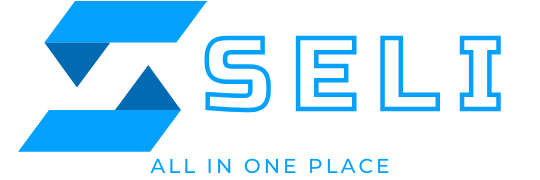

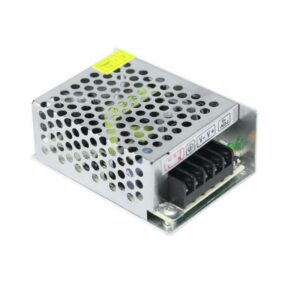
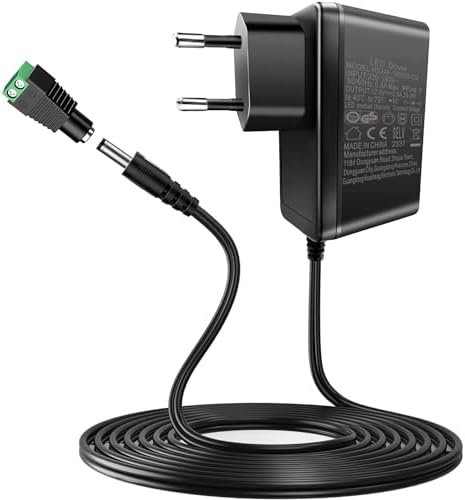


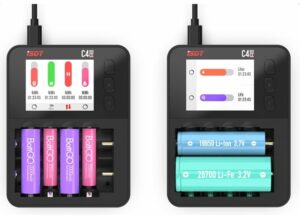

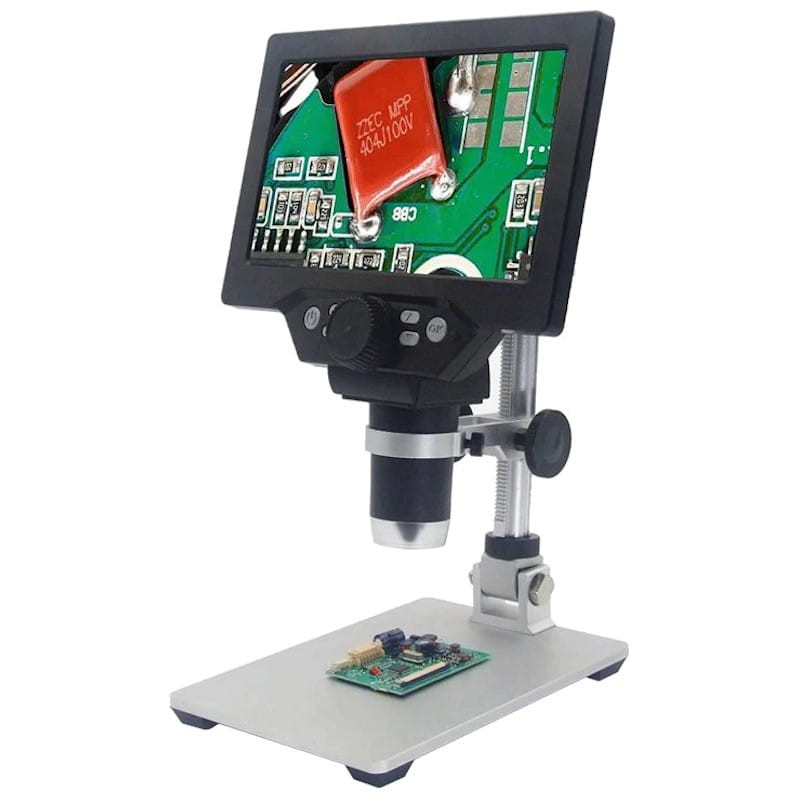
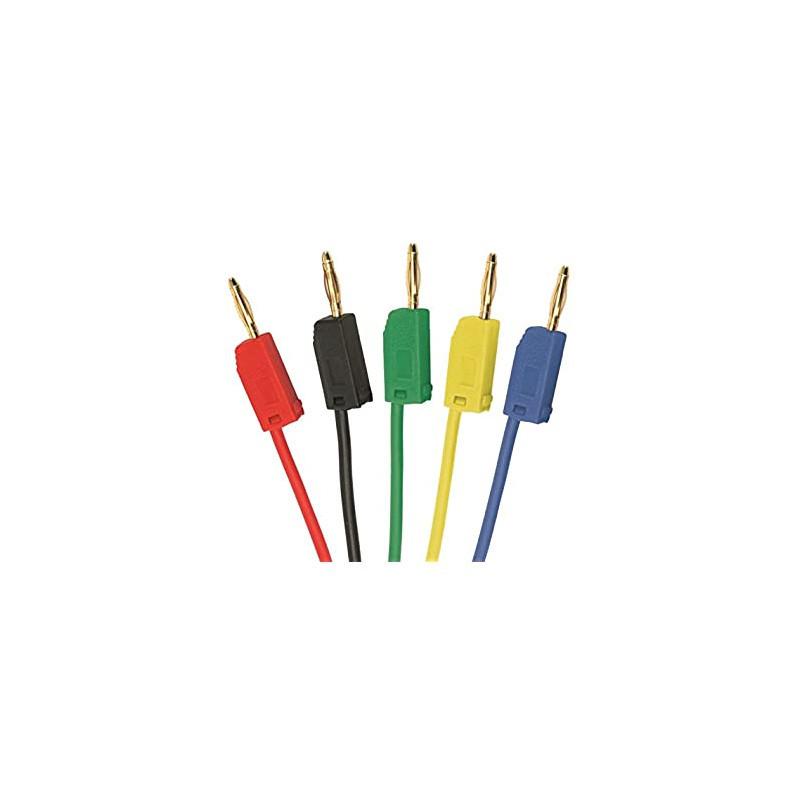

 7404-CI 6 PORTES LOGIQUES NON
7404-CI 6 PORTES LOGIQUES NON  EGC ELECTRODE
EGC ELECTRODE  THERMOMETRE NUMERIQUE + HYGROMETRE AVEC FONCTION HORLOGE SONDE EXTERNE A12T
THERMOMETRE NUMERIQUE + HYGROMETRE AVEC FONCTION HORLOGE SONDE EXTERNE A12T  PL2303 MODULE CONVERTISSEUR USB TTL
PL2303 MODULE CONVERTISSEUR USB TTL